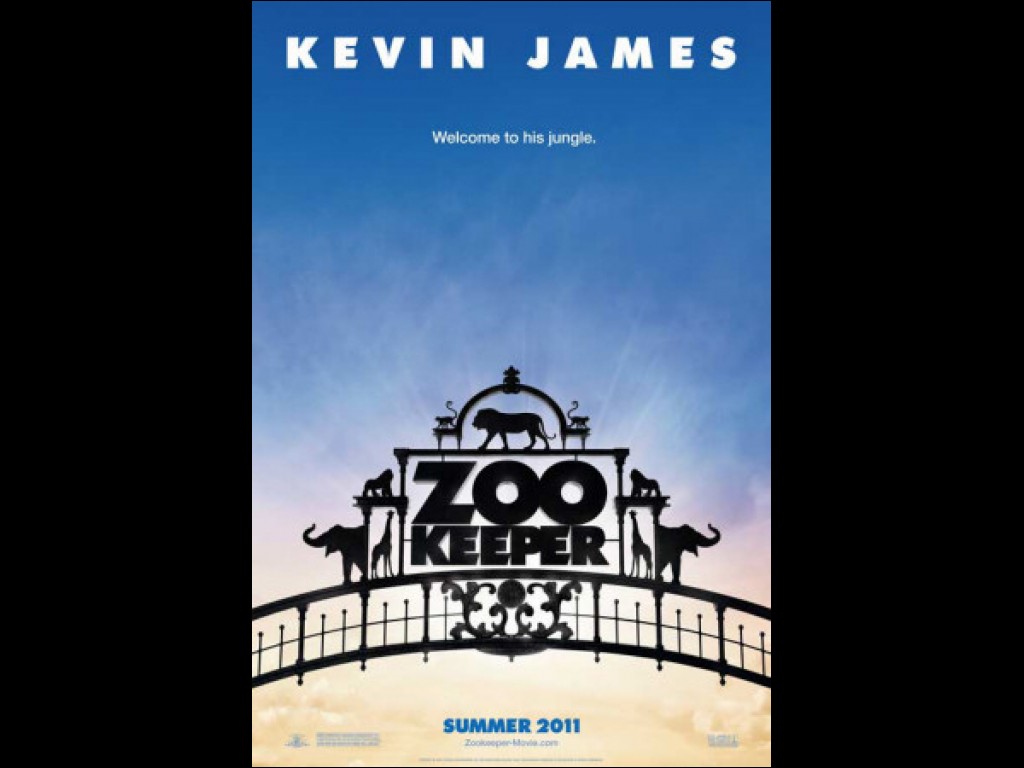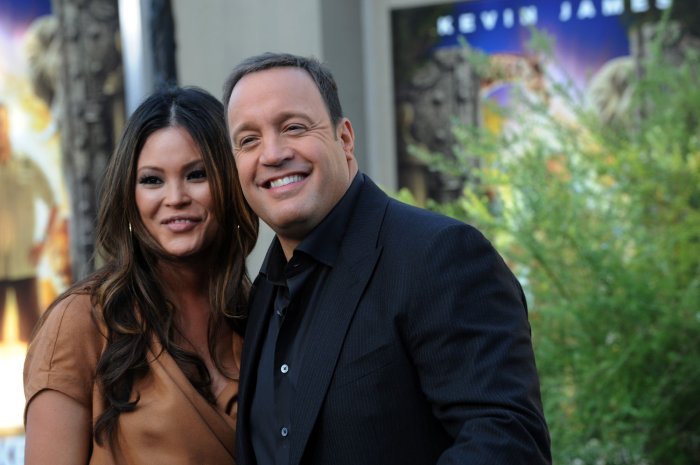The Zookeeper Movie

The Zookeeper movie, released in 2011, follows the story of Griffin Keyes, a dedicated but somewhat unfulfilled zookeeper at the Franklin Park Zoo in New York City. He’s deeply devoted to the animals under his care, but his personal life is a mess, struggling to find success in both love and career. The film explores the themes of friendship, self-discovery, and the importance of being true to oneself.
The Plot and Characters
The film revolves around Griffin’s realization that the animals in his care can talk. Initially, he’s shocked and disbelieving, but as he spends more time with them, he learns about their hopes, dreams, and anxieties. This newfound connection with the animals, especially with the charismatic lion, “Joe,” helps Griffin to see his own life with fresh eyes.
He’s encouraged by the animals to pursue his dreams, including a budding romance with the beautiful vet, Stephanie. However, his efforts are hindered by his insecurities and fear of failure.
The Conflict and Resolution
The central conflict arises when a rival zookeeper, a charming and ambitious man named “Don,” attempts to sabotage Griffin’s efforts to keep the zoo open and attract visitors. Don’s scheme involves a plan to move the animals to a different facility, ultimately leaving Griffin and the animals without a home.
Griffin must overcome his fears and insecurities to stand up to Don and protect his friends. He learns to trust his instincts and to embrace his unique abilities, ultimately finding the courage to fight for what he believes in. With the help of his animal friends and his growing relationship with Stephanie, Griffin successfully exposes Don’s plan and saves the zoo.
Themes and Tone
The Zookeeper movie presents a lighthearted and humorous approach to exploring themes of friendship, love, and self-discovery. The animals’ unique perspectives and advice provide a comedic counterpoint to Griffin’s human struggles, adding a layer of humor and charm to the story.
The film emphasizes the importance of valuing our connections with others, both human and animal. It highlights the strength that comes from embracing our individuality and pursuing our dreams, even in the face of adversity. The overall tone of the movie is optimistic, encouraging viewers to believe in themselves and the power of friendship.
Character Analysis

The Zookeeper movie presents a compelling narrative that revolves around the transformation of Griffin Keyes, a zookeeper who finds himself caught between his mundane existence and a fantastical world where animals can talk. The film explores Griffin’s journey of self-discovery and the profound impact his interactions with the zoo animals have on his personal growth.
Griffin Keyes’ Transformation
Griffin Keyes is initially portrayed as a timid and insecure individual who struggles to find his place in the world. He is content with his predictable routine at the zoo, but he yearns for something more. His interactions with the talking animals, who act as both confidants and mentors, challenge his perspective and push him to embrace his true potential.
“I’m just a zookeeper,”
Griffin repeatedly tells himself, reflecting his self-doubt and lack of confidence. However, through his encounters with the animals, he begins to realize that he is capable of more than he believes. He learns to be more assertive, to stand up for what he believes in, and to take risks.
For instance, when the zoo faces the threat of closure, Griffin initially hesitates to take action. However, inspired by the animals’ unwavering belief in him, he rallies the community and ultimately saves the zoo. This experience marks a significant turning point in Griffin’s character arc, demonstrating his newfound courage and leadership qualities.
Griffin’s Relationships with the Animals
Griffin’s relationships with the zoo animals are central to his transformation. Each animal represents a different aspect of his personality and offers unique insights that help him grow.
For example, his relationship with Bernie the gorilla, who acts as a wise and supportive mentor, helps Griffin overcome his fear of failure and embrace his own strength.
“You’re stronger than you think, Griffin,”
Bernie tells him, encouraging him to step out of his comfort zone.
The relationship between Griffin and the animals is not simply a source of entertainment but a catalyst for his personal growth. Through their interactions, Griffin learns valuable lessons about self-acceptance, resilience, and the importance of following one’s dreams.
Comparing and Contrasting Kate and Stephanie, Zookeeper movie
The two female characters, Kate and Stephanie, play contrasting roles in Griffin’s journey. Kate, a veterinarian, represents stability and practicality. She is initially skeptical of Griffin’s claims about the talking animals, but she eventually comes to accept his reality.
Stephanie, on the other hand, embodies spontaneity and adventure. She encourages Griffin to step outside his comfort zone and embrace his wilder side.
“Life is too short to be boring,”
Stephanie reminds him, urging him to take risks and pursue his passions.
While Kate represents Griffin’s grounded and rational side, Stephanie embodies his adventurous and playful spirit. Their contrasting personalities challenge Griffin to balance his need for stability with his desire for excitement.
Both Kate and Stephanie ultimately contribute to Griffin’s growth by providing him with different perspectives and supporting him in his journey of self-discovery.
Thematic Exploration: Zookeeper Movie

The Zookeeper movie, while primarily a comedic adventure, delves into profound themes that resonate with viewers of all ages. The film explores the complexities of animal communication, the significance of understanding non-human perspectives, and the importance of embracing one’s true self.
Animal Communication and Non-Human Perspectives
The movie highlights the importance of understanding animal communication, showcasing the animals’ ability to express themselves in ways that humans may not immediately recognize. The zoo animals, initially depicted as comical and somewhat anthropomorphized, are shown to have their own distinct personalities, emotions, and needs.
“I don’t speak English, but I know what you’re saying.” – The Lion
This quote encapsulates the film’s message about recognizing the intelligence and sentience of animals, urging viewers to look beyond superficial appearances and attempt to understand their perspectives. The movie emphasizes that animals are not just objects to be observed or entertained, but living beings with their own thoughts, feelings, and experiences.
Human-Animal Relationships
The Zookeeper movie explores the benefits and challenges of human-animal relationships. While the film portrays a lighthearted and humorous depiction of the bond between humans and animals, it also touches upon the complexities and responsibilities that come with caring for creatures from different species.
- Benefits: The film showcases the emotional and psychological benefits of human-animal interaction, depicting how the zoo animals bring joy and companionship to the zookeeper, Griffin.
- Challenges: The movie also highlights the challenges of understanding and responding to animal needs. Griffin’s initial inability to understand the animals’ communication leads to misunderstandings and comedic situations, highlighting the need for empathy and patience in cross-species relationships.
Self-Acceptance and Embracing One’s True Nature
The movie’s central theme revolves around self-acceptance and embracing one’s true nature. Griffin, initially portrayed as a timid and insecure character, undergoes a transformation as he learns to connect with the animals and accept his own unique qualities.
“You’re not a lion, Griffin. You’re just you. And that’s okay.” – The Lion
This message encourages viewers to embrace their individuality, celebrating their strengths and accepting their flaws. The film emphasizes that true happiness comes from being authentic and comfortable in one’s own skin, rather than trying to conform to societal expectations.
Zookeeper movie – Remember that hilarious scene in *Zookeeper* where Kevin James tries to talk to the animals? That kinda reminds me of the whole Joe Rogan-Adam Sandler thing, where they both appeal to a similar audience, but with totally different vibes.
You know, the kind of people who think *Zookeeper* is actually funny, and who also love a good Rogan podcast. Anyway, back to *Zookeeper*, it’s definitely a movie that’s grown on me over the years, even though the animals talking thing still makes me chuckle.
Okay, so the Zookeeper movie is pretty wild, right? But you know what’s even more fascinating? The concept of transactional memory, which was pioneered by Tim Herlihy. It’s like a super-powered system for keeping track of data, especially in complex situations.
Just imagine how much smoother the Zookeeper’s life would be if he had transactional memory to help him manage all those animals!
